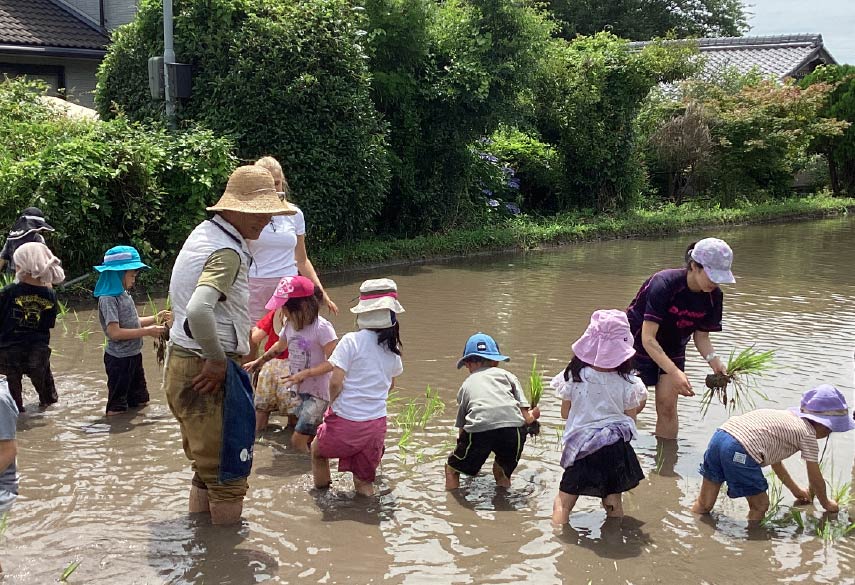Learning that connects classroom learning with the real world, stimulates intellectual curiosity, deepens learning through hands-on experience, and fosters social skills

Deep understanding with real feeling
Experience enables knowledge to be understood as a real feeling, not just information.
While children think and act independently and develop a desire to learn, they cultivate communication and social skills by exchanging opinions, sharing roles, and helping one another in class.
Rich spiritual growth
The joy and sense of accomplishment when they achieve their goals, the happiness of being appreciated, and the consideration for others are all mental lessons that can only be gained through experience, which nurtures children’s rich spirit.
Field Trip
- Connection to reality
- Fostering a spirit of inquiry
- Learning through the five senses
- Social development
- Motivation to learn
- Cross-curricular learning
- Actions and responsibility
Field trips are not only an opportunity to gain knowledge, but also to learn responsible behavior, such as good manners in public places, following rules, and respecting nature and cultural assets.
Field trips are not just field trips, but are planned and conducted as part of the inquiry process.
Children will learn to clarify the questions they have and what they want to learn, actively observe and ask questions during the visit, and reflect on what they have learned afterward, which will lead to further exploration activities.
